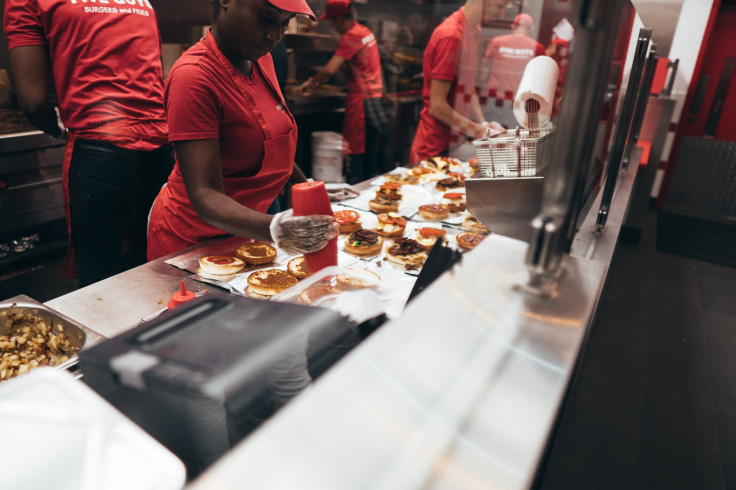
Fast food workers in California will start earning at least $20 in California as of Monday, as a law increasing the minimum wage of this sector goes into effect.
The measure is a result of a law passed last year by Democrats in the state Legislature and is set to impact at least half a million people, a large percentage of which are Latinos.
According to Axios, 60% of all of the state's fast food workers are Latino, 80% are people of color and two thirds are women. The law also creates a council with the authority to establish standards for wages, working hours and conditions. It will include businesses, government representatives and workers.
Even though it was supported by the trade association representing fast food franchise owners, some have expressed dismay about its impact on employers, especially as the state's economy goes through a slow period, The Associated Press reported.
Some have told the outlet they will need to raise prices to face the increasing employee costs. One of them, Alex Johnson, who owns 10 Auntie Anne's Pretzels and Cinnabon restaurants in the San Francisco Bay Area, said he will have to implement increases ranging between 5% and 15% at his stores. He has also stopped looking at the possibility of opening new stores.
"I try to do right by my employees. I pay them as much as I can. But this law is really hitting our operations hard," Johnson told AP. "The profit margin has become too slim when you factor in all the other expenses that are also going up. I have to consider selling and even closing my business," he added.
Past decisions of this nature haven't had a substantial impact on employment, however. California had already doubled its minimum wage for most workers to $16 per hour, and data showed wages went up and employment did not fall as a result, according to Michael Reich, a labor economics professor at the University of California-Berkeley.
The law applies to restaurants offering limited or no table services and are part of a national chain with at least 60 locations across the U.S. Exemptions include restaurants operating inside a grocery store and those producing and selling bread as a stand-alone menu item.
© 2025 Latin Times. All rights reserved. Do not reproduce without permission.





